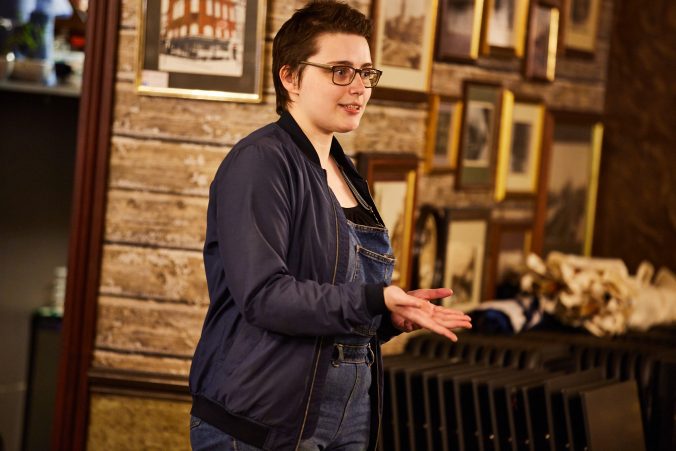Davina Jandu is a recent Media and Communications graduate from Wakefield. She is a Foyle’s Young Poet 2016 Winner, with a keen interest in feminist poetry. Her interest in poetry performances began when she would attend open mic nights, and expanded when saw her favourite authors perform. Here are some of her thoughts on writing.
Despite being a writer, I have to force myself to read. Isn’t it so ironic? Maybe I just prefer the sound of my own voice too much, and no one else’s. Or maybe there are only a select few who can capture my attention. Perhaps it’s the actual process of reading, it’s tricky for me.
Honestly, it is all those things. It can be tricky being a writer who doesn’t like to read, I’d argue there’s more pressure to find inspiration. But, like many writers, my relationship with writing was first initiated through need. Many people claim writing is great therapy, and they’re right, it very much is. I began writing because I wasn’t able to talk to anyone and this was such a relief for me, writing became my outlet.
I didn’t begin with poetry though; I simply began jotting down my feelings and thoughts so I could make sense of them. But the writing really came into play when I fell in love with a book.
I had been following Rupi Kaur on Instagram for a couple of years, when she announced she would be releasing a new book. I was so beyond excited, I already loved her work – much of it being concise and easy to read, accessible, and for me personally – this was my first real experience of poetry being so enjoyable and something different to its stereotypically stuffy Shakespearean image.
I was 15 when ‘Milk and Honey’ came out, and I remember I had used a Waterstones gift card from my birthday that I had been eagerly saving and when it was ready to collect, I rushed on the bus from school to pick it up on a cold, autumnal afternoon!
The feeling of holding it and reading it was so validating and exciting and I was just there on the high street in the dark, unable to put away this book that affirmed so much for me. That poetry about love didn’t need to be romantic, that I could write about my own experiences, and they didn’t need to look like anyone else’s. Kaur really opened my eyes, I was so inspired, excited and I just knew, I could never look back.
From that day, I was absolutely determined to begin developing my own style of writing, every day after school I wrote and wrote and wrote and threw away and threw away and threw away.
This is where my journey began.




